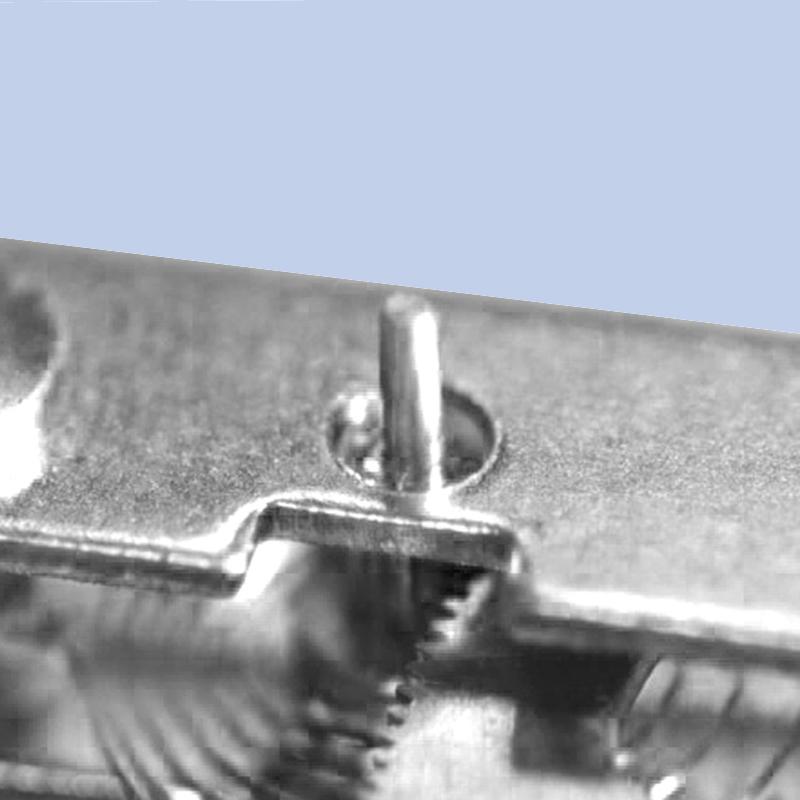
Nov . 20, 2024 17:28 Back to list
differential pressure gauge 1 4 fnpt product
Understanding Differential Pressure Gauges A Focus on 1/4 FNPT Models
In various industrial applications, measuring pressure is crucial for ensuring optimal performance and safety. One prominent type of pressure measurement device is the differential pressure gauge. This article delves into the specifics of differential pressure gauges, particularly focusing on the 1/4 FNPT (Female National Pipe Taper) models, their applications, benefits, and selection criteria.
What is a Differential Pressure Gauge?
Differential pressure gauges are used to measure the difference in pressure between two points within a system. This measurement is critical in many processes, such as filtration, pressure drop monitoring, and fluid flow measurement. Understanding the difference in pressure can provide insights into system performance, equipment condition, and potential issues that require attention.
Key Features of 1/4 FNPT Differential Pressure Gauges
1. Size and Compatibility The 1/4 FNPT size is a standard fitting that allows for easy connection to piping systems. The FNPT thread provides a secure and leak-free connection, which is essential for accurate pressure measurement. This size is prevalent in various applications, including HVAC systems, water treatment plants, and process instrumentation.
2. Construction and Materials 1/4 FNPT differential pressure gauges are typically constructed using durable materials such as stainless steel, brass, or plastic. The choice of material may vary based on the application, considering factors such as temperature, chemical compatibility, and environmental conditions. Stainless steel gauges, for instance, offer excellent resistance to corrosion, making them suitable for harsh environments.
3. Measurement Range These gauges can come with a wide range of measurement capabilities, typically from a few inches of water column (in WC) to several hundred psi. It is essential to select a gauge that suits the specific pressure range of the application to ensure accurate readings and prevent damage to the device.
4. Accuracy and Calibration Accuracy is a critical aspect of any pressure measurement device. Differential pressure gauges generally offer a high degree of precision, with accuracy ratings often indicated by a percentage of full-scale reading. Regular calibration is vital to maintain the accuracy of measurements, and many manufacturers provide calibration services or guidelines for on-site adjustments.
Applications of 1/4 FNPT Differential Pressure Gauges
differential pressure gauge 1 4 fnpt product

These gauges find applications across various industries, including
- HVAC Systems Monitoring air pressure in ductwork and ensuring efficient operation of heating and cooling systems. - Filtration Systems Assessing pressure drops across filters to determine when they need to be replaced or cleaned, improving system efficiency and longevity. - Cleanrooms Maintaining proper airflow and pressure differentials in controlled environments essential for pharmaceutical manufacturing, electronics, and laboratories. - Fluid Flow Monitoring Measuring flow rates in pipelines and tanks by determining the pressure difference across flow elements, such as orifices or venturis.
Advantages of Differential Pressure Gauges
1. Enhanced Performance Monitoring By continually assessing the pressure differential, operators can detect issues before they escalate, ensuring that systems operate within safe parameters. 2. Increased Efficiency Timely identification of clogged filters or pressure imbalances allows for proactive maintenance, reducing downtime and operational costs.
3. Versatility The ability to measure pressure differences in various applications makes these gauges extremely versatile, allowing for widespread use in different industries.
Choosing the Right Differential Pressure Gauge
Selecting the appropriate differential pressure gauge involves several considerations
- Application Requirements Understand the specific needs of your process, including expected pressure ranges and fluid characteristics. - Environmental Conditions Consider factors like temperature, potential exposure to chemicals, and the presence of vibrations that could impact gauge performance. - Budget and Maintenance Assess your budget for initial purchase and ongoing maintenance or calibration needs.
Conclusion
1/4 FNPT differential pressure gauges serve as essential instruments across numerous applications, facilitating accurate pressure monitoring and enhancing system efficiency. Understanding their features, applications, and selection criteria can aid operators and engineers in making informed decisions that contribute to the reliability and performance of their systems. By employing the right gauge, industries can optimize their operations, ensure safety, and reduce costs in the long run.
-
High-Precision 5 Valve Manifold Differential Pressure Gauge Suppliers
NewsApr.29,2025
-
High-Precision Diaphragm Vacuum Pressure Gauges Manufacturers & Quotes
NewsApr.29,2025
-
Omega Differential Pressure Gauges High Accuracy & Durability
NewsApr.28,2025
-
Low Pressure Differential Pressure Gauges Precision Solutions & Quotes
NewsApr.28,2025
-
Digital Diaphragm Pressure Gaauge Precision Measurement & OEM Quotes
NewsApr.28,2025
-
Differential Pressure Gauge China Price High-Accuracy & Best Quotes
NewsApr.28,2025
